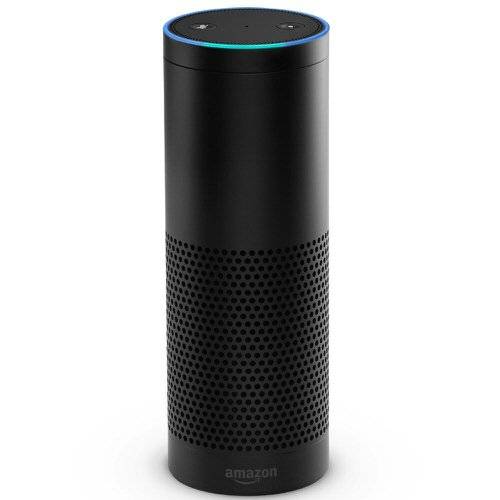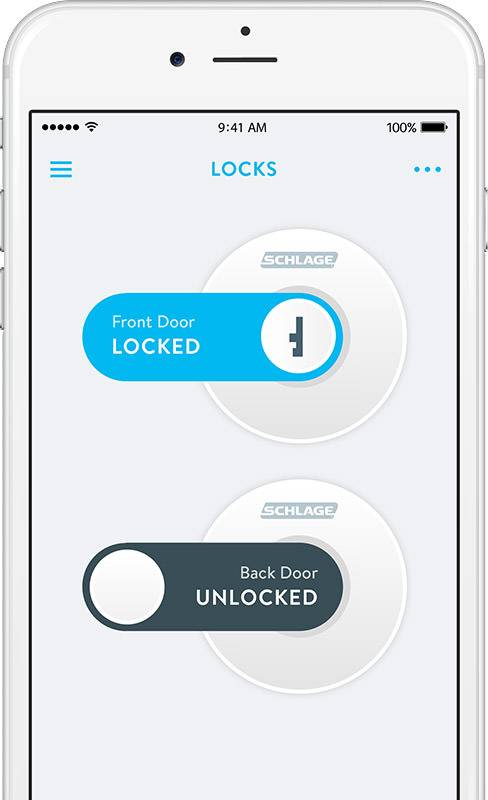On Sunday night, Facebook founder Mark Zuckerberg announced his plans for 2016 on his Facebook page. The task: build an artificially intelligent smart home.
My personal challenge for 2016 is to build a simple AI to run my home and help me with my work. You can think of it kind of like Jarvis in Iron Man. I’m going to start by exploring what technology is already out there. Then I’ll start teaching it to understand my voice to control everything in our home—music, lights, temperature, and so on.
Zuckerberg’s ambitions go beyond standard smart-home features to include supervision of his newborn daughter and facial recognition to let in visiting friends. He also hopes his efforts will enable him to visualize data in virtual reality.
The tech billionaire said a part of the motivation behind this year’s challenge was the reward of building things with his own hands. Zuckerberg has lamented that it’s been a long time since he got to touch code at Facebook. Exploring artificial intelligence will help him connect better with the AI scientists Facebook is snapping up around the globe.
A Smart Guy Is About To Meet The Not-So-Smart Home

We applaud Zuckerberg’s ambitions here. But we think he’s going to run into trouble, because the application programming interfaces and software-development kits behind most smart-home products available today are immature and limited. “Developer preview” is just a nice way of saying “Don’t call us if your software breaks.”
While there have been many announcements in the industry, few developers have really put these APIs through their paces. Zuckerberg’s high-profile promise could be the accelerant that forces companies to really test and improve their smart-home developer tools.
Amazon Echo, a voice-activated speaker, might be a place to start. There, Zuckerberg can use Amazon’s Alexa Voice Service. It was announced last July and is—you guessed it—still in “developer preview.”
Then of course there’s Wink and its wall-mounted touchscreen home automation service for lighting, home security, temperature control, and so on. Its API—which has changed since its initial launch, breaking older applications built on it—has some interesting concepts, like Robots for automated tasks, which Zuckerberg might explore. Wink was recently sold out of bankruptcy to Flextronics, so it seems like a safe bet to build on.
Some of what Zuckerberg aims to do may be available off the shelf, or he might be able to automate some tasks using tools like IFTTT or Zapier. Doorbird might be an option for front-door facial recognition. The only question there will be what Zuckerberg will use for a database. Before Facebook bought Face.com in 2012, that startup offered a facial-recognition API. It will be intriguing to see if Zuckerberg uses a private Facebook API or opts for one of the newer services.
Were really curious how Zuckerberg will implement AI robot childcare. Perhaps he’ll take inspiration from Neal Stephenson’s science-fiction novel The Diamond Age, in which a young girl is raised by an artificially intelligent e-book.
Ultimately the biggest challenge may well be cajoling devices to communicate with each other. Even when this is theoretically possible, glitches often turn up, because the creators of smart-home APIs haven’t tested all the possible combinations of devices they might encounter. This could prove far more frustrating than creating the smart-home AI. What good is a smart butler who just says, “I’m sorry, Mark, I can’t do that”?






















